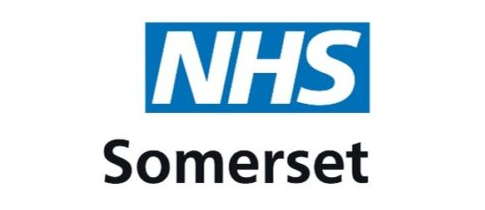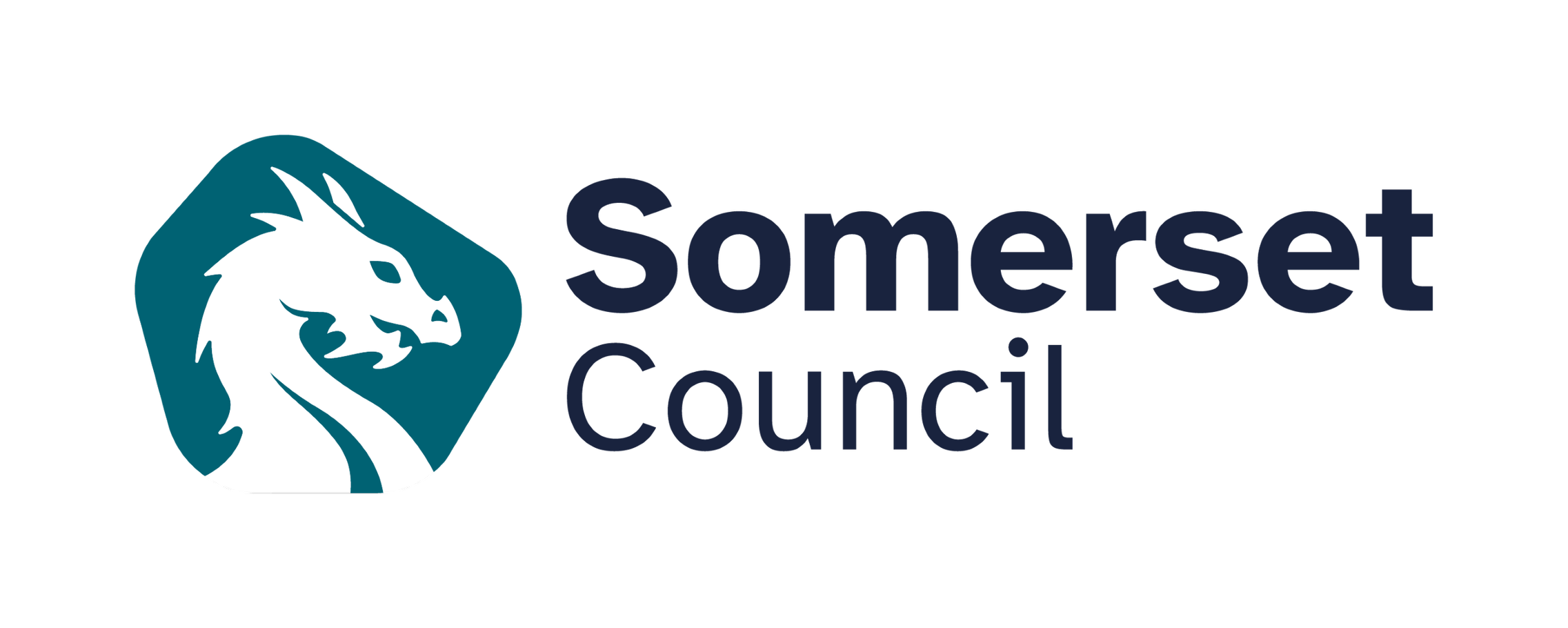Introduction
Below is an ADHD medication update for a national support shortage of ADHD medications. If your child or young person is not currently on ADHD medicines, please ignore this update.
The supply disruptions to ADHD medication have been improving over time, however some brands remain difficult to supply. Speak to your local community pharmacy to access on the day supply information from their suppliers.
If your medicine is methylphenidate, your pharmacy may be able to order a different brand. Because there are differences between brands of methylphenidate, your prescription needs to name your medication by brand to avoid mistakes. A new prescription will be needed if an alternative brand is available and suitable for you.
Other ADHD products remain available, they may not be suitable for everyone and may not be able to meet the increase in demand.
In the first instance please contact your normal prescriber who is aware of the supply issues and equivalent medicines. They can discuss this further with shared care providers, usually the CYPNP as needed on 01823 342692 or ADHDNursing@SomersetFT.nhs.uk, CAMHS East or CAMHS West, or your consultant at Yeovil District Hospital.
Information for parent carers
Letters with the information below have been sent to parent carers whose child or young person is supported by the CYPNP for their ADHD.
What can we do during this period?
The CYPNP will liaise closely with your GP as needed, and work together to minimise disruption. There may be temporary changes to how and where you collect your prescription or medication.
Once the supply shortage has been resolved medication will be changed back to the medicine previously prescribed, as appropriate. Please be aware that there may still be delays at Pharmacies in obtaining the newly prescribed medication.
What can you do if you are unable to find your child’s ADHD medications in your local store?
- Check with multiple pharmacies including chains and independents regarding their stock.
- Check with your pharmacy what strengths of the prescribed medication are available, so that you can ask your prescriber to do a new prescription with the available strength to make up the total dose.
- Visit NHS Find a Pharmacy to find Pharmacies in your local area.
- Ask them if they can order it for you to collect once the medication is in. You may leave the prescriptions with your local pharmacy who can order in the drug once stock is replenished.
Is it safe to stop taking ADHD medication abruptly?
- Please consult your GP prescriber for guidance if you think you are running out of medication.
- NICE guidelines recommend having regular treatment breaks from ADHD medications.
- It is not unusual to stop taking medication over the weekend or during school holidays. Therefore, no harm should come from stopping the medication, but this should be done in a planned way.
- If you are prescribed Guanfacine (Intuniv) please contact the ADHD service (01823 342692) and this medication must be stopped slowly as it can cause your child’s blood pressure to increase if stopped suddenly. Consult your ADHD service as soon as possible if you cannot get your prescription from the pharmacy. If you have stocks at the home of Intuniv 2mg and 1mg please conserve them to use for dose decrements (after discussing with the prescriber) rather than using them to administer the prescribed dose.
- Atomoxetine can be abruptly stopped but advisable to gradually wean off. Please contact the GP prescriber for advice.
- All the other medications are safe to be stopped abruptly and there should be no physical withdrawal effects, however, the child/young person may feel different. You can give these medications during school days only if possible so that you can reserve the stocks longer.
What do you do if your child or young person’s prescription was changed or medication stopped?
- Note that if your child has recently commenced on ADHD medications and is not under the Shared Care yet your prescriptions should be obtained from the specialist team.
- Families should reach out to schools to ensure they are aware if their child or young person is not on their usual or any medication.
- Children or young people should maintain school attendance and not be kept at home.
- All children and young people will react differently to a change or reduction in their medication.
- It is essential during this time that non-pharmacological strategies are fully utilised. This will include maintaining routine, sleep hygiene and good nutrition.
- Structure and routine are important strategies in all children and young people’s lives, but even more important with children who are neurodiverse. Doing the same things daily will help with working memory and will also aid in allowing a child or young person with ADHD to make better choices in all areas of life.
- Children and young people may have a change in behaviour, it is important to recognise that this is not a choice for them and kind, supportive response is necessary.
- Punishments can lead to low self-esteem, lead to arguments, and be counterproductive.
- Praising and rewarding success is MUCH more effective than punishment.
How can you support your young person and help them to feel understood?
- Listen carefully in a non-judgemental and validating manner, Children and young people may feel emotionally different whilst medication is being changed or reduced.
- Be prepared for them to need to discuss things for longer periods during this time.
- Have realistic expectations and acknowledge that a lot of effort is required to manage their ADHD symptoms.
Please remember there are ADHD strategies available within supporting neurodivergence at the earliest opportunity and universal services are available to support.
Many thanks for your ongoing patience at this time.
Information for professionals
In order for you to support children young people and families during this time please see the advice being issued to parents above.
All children and young people will react differently to a change or reduction in their medication. All non-pharmacological strategies must be adopted, these include strategies to support sensory processing needs, hypervigilance and hyperactively.
It is essential during this time that non-pharmacological strategies are fully utilised.
Structure and routine
Punishment versus consequences
- Whilst consequences are important, punishing negative behaviour is problematic.
- Children and young people may have a change in behaviour, it is important to recognise that this is not a choice for them and a kind, supportive response is necessary.
- Punishments can lead to low self-esteem, lead to arguments, and be counterproductive.
- Praising and rewarding success is MUCH more effective than punishment.
How can you support the child or young person and help them feel understood?
- Listen carefully in a non-judgemental and validating manner, children and young people may feel emotionally different while medication is being changed or reduced.
- Be prepared for them to need to discuss things for longer periods during this time.
- Have realistic expectations and acknowledge that a lot of effort is required to manage their ADHD symptoms, this includes movement breaks and meeting sensory needs.
Please remember there are ADHD strategies available within supporting neurodivergence at the earliest opportunity and universal services are available to support. In particular:



